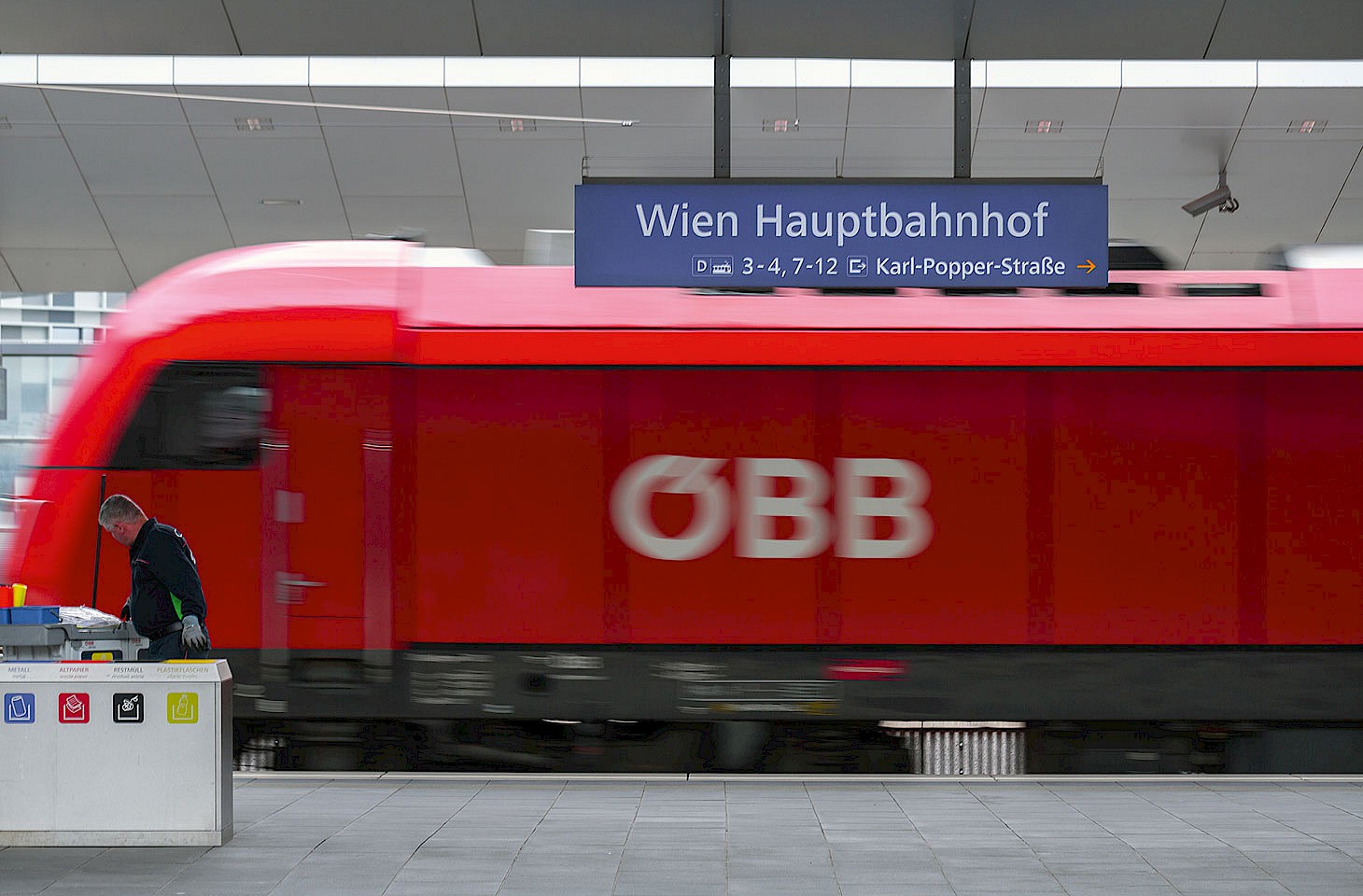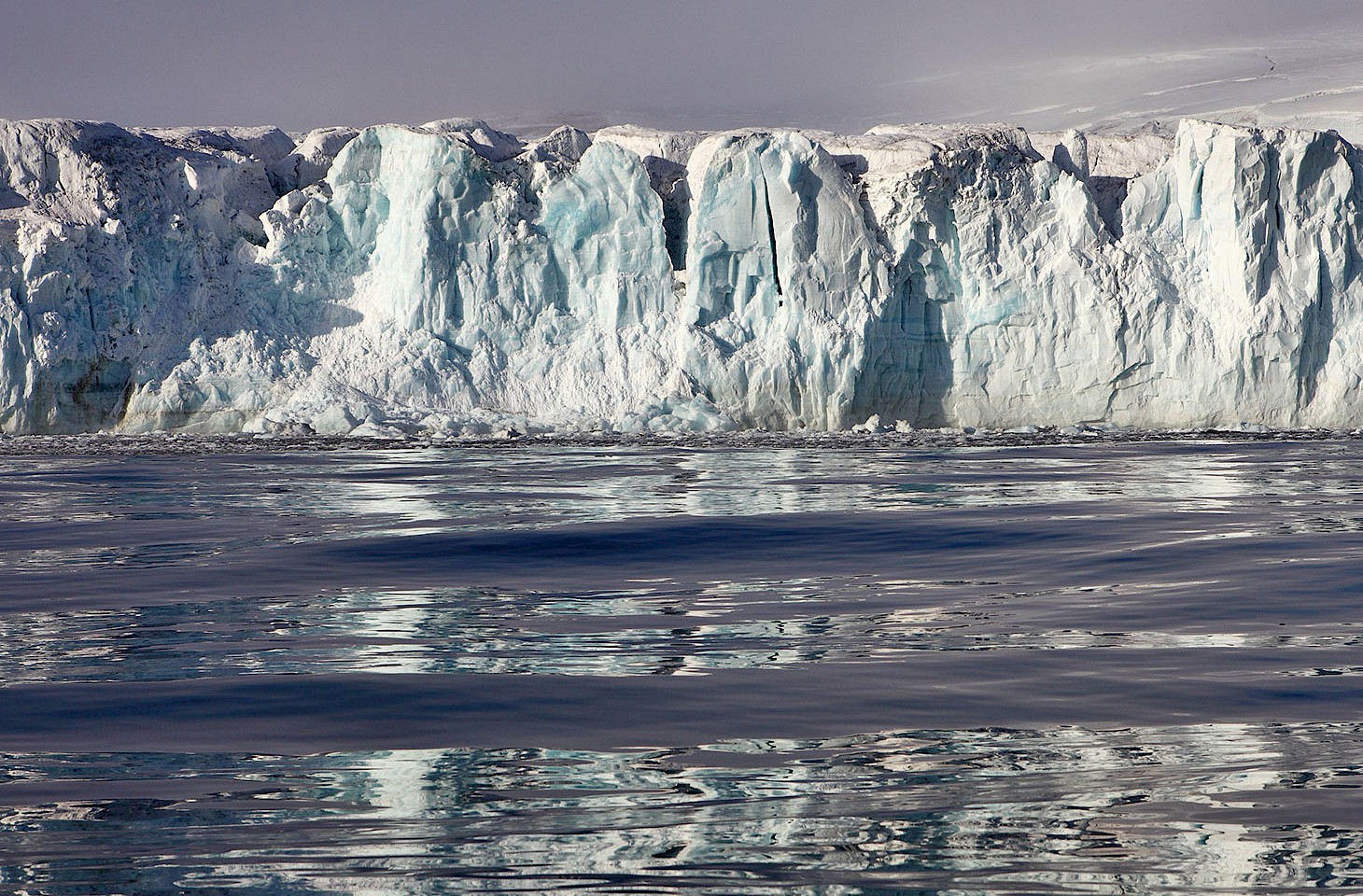After dark the main street in Lovozero is dead. But in July it never gets dark and so Lovozero's main street is ever alive. There’s Aleksey. He keeps his boat down behind the apartment blocks. It is two in the morning and on the bank of the Virma behind the five-storied squalor of Lovozero’s premier housing, a handful of men are tinkering with the outboard motors of the blue and white boats that they use for fishing. Aleksey devotes his life to his boat and to his reindeer.
Lovozero is just a dot on the map, a small town in Russia’s Kola Peninsula, where the rough road peters out to nothing. A Russian military helicopter swoops low over the river and heads off towards Murmansk. Two lads in their teens kick a football against the wall of an apartment block.
Lovozero life is no rural idyll, and it gets ever harder with each year that passes. "The river is getting choked with duckweed," says Aleksey, referring to the difficulty in making any living from fishing. Lovozero is experiencing the mixed fruits of perestroika and climate change. True, the factories that used to pump their acid fumes into the Arctic skies have all been closed. But no-one now bothers to mend the road that leads to this town in the Russian tundra.



